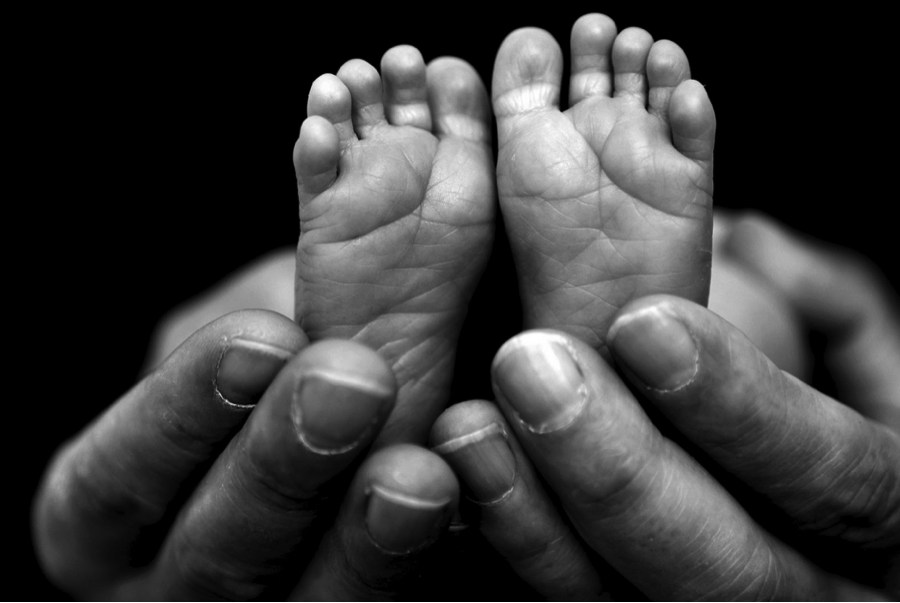
If it takes a whole village to raise a child, then where is my village?
That is a question faced by more and more parents.
When children enter adolescence, parents face the challenge of how to assist these young adults in discovering who they are and how they can live a meaningful life, and in initiating them into what it means to be part of a community.
This quest for identity and meaning is natural in children and teens, and if not acknowledged and channeled, can result in them turning to their peer group for direction. While at times this can be constructive, it more often leads to destructive behavior like drinking in an attempt to create a shared ritual that makes them feel grown up and independent.
Teaching Children Self-Reliance: Teaching Parents To Let Go
One of the most difficult parts of parenting is letting go of their children as they enter adolescence. Rites of passage create clear expectations and a pathway for parents to intentionally and gradually let their children go. This is critical. It fosters their child’s self-reliance while bringing in the support of community elders. Parents frequently struggle with letting go of their children. It is natural. Children need to have experiences, with other adults, where they can learn skills, test their competencies and find inner resources to feel safe and competent when exploring their world.
This session of the Rite Of Passage Experience© ROPE® gives youth and opportunity to explore the skills, attitudes and behaviors necessary to learn anything. It is a pivotal session in the Initiation of Scholars© that has considerable evidence demonstrating its success in helping increase student academic achievement and impacting school climate. It also brings youth into an intentional encounter with their environment to learn about it as natural relationships rather than natural resource that they have authority over. Teaching children compass skills helps them develop an attunement with their environment and form a relationship with the four directions, North, East, South and West.
Come visit a ROPE® session and see how both students and parents experience important lessons for life.
This educational video depicts a session in Phase I of the Rite Of Passage Experience© ROPE®. Parents are included, but not the parents whose children are in that particular ROPE® group. It illustrates a village coming together to raise each other’s children. It also intensifies, through experience the challenge of parents separating from their children.
ROPE® is a three-part multi-year youth & community development strategy It begins with parents and their children transitioning from primary to secondary school, when they are between 11-12 years old. Parents are introduced to the concepts of ROPE® and expected to become the whole village that raises their children. Children become initiates and are preparing to leave childhood behind.
YOU ARE NOT ALONE – It really does take a community to raise our children.
Associates at the Center along with Jen Mendez and the PERMIE KIDs community are here and waiting to lend a hand. Here’s how:
Rush to Reflection before Action. Access, read, and watch as community-oriented rites of passage materials to ignite your own internal dialogue and reflection.
They grow up so quickly. Build a foundation now for the transitions to come. Parents/Guardians, click here to Take Action.